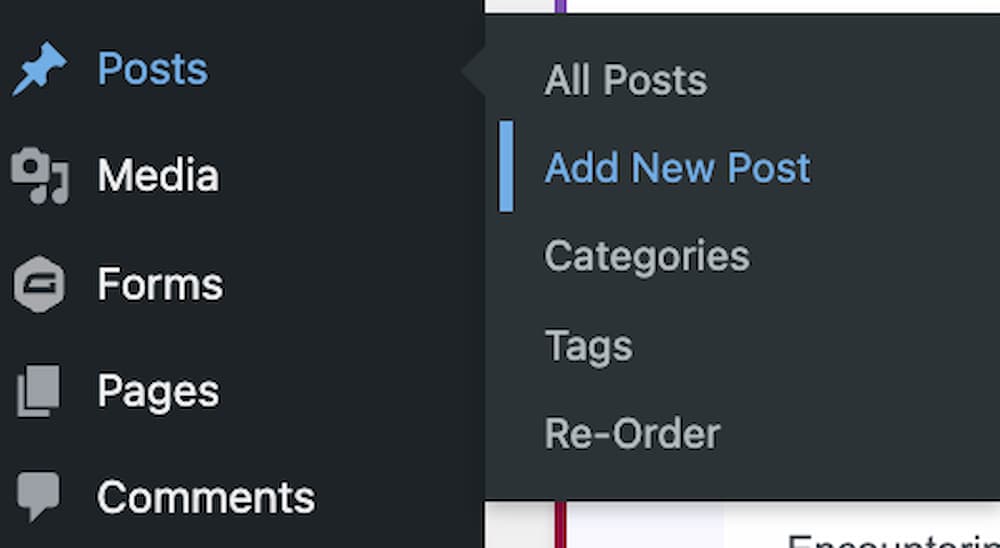Google expects its March 2024 update to be its biggest core update in years. As always, it is looking to improve the information it provides to user queries. In addition to its Interaction to Next Paint, it’s targeting link signals, spam, and “unhelpful content.” It expects this update to take a month to finish rolling out with ranking fluctuations for many sites. It recognizes that some of the changes may seem ambiguous, but Google is providing a two-month window for websites to comply with new policies.
Updates not included in this article include
- Interaction to Next Paint – Google’s shift in ranking based on the measurement of user engagement and responsiveness on web pages. It takes heavier consideration of the time between a user’s interaction and the next visual update of the page.
- Continuous review updates – Google will continuously update reviews posted to business profiles instead of a semi-monthly update.
- Expanded Support For Product Structured Data – additional support for more product variation in the shopping tab in search results.
In this article we will go over Google’s updates to link signals, how these impact SEO, its focus on removing “unhelpful content,” and what types of websites are seeing the biggest impact.
Changes To Link Signals
In previous years, backlinks and internal links have played a large role in your website’s SEO. They direct Google’s index algorithms through your site to establish what your site is about and how your site can relate to queries. Links benefit the trustworthiness of your site by showing alternate sources of authoritative or data resources to support your content.
Now, Google is shifting the importance of links in webpage relevancy. In 2023 at Pubcon Austin, Google’s Gary Illyes remarked that links are no longer among the top three ranking signals.
Previous documentation about links stated, “Google uses links as an important factor in determining the relevancy of web pages.” It has been updated to say, “Google uses links as a factor in determining the relevancy of web pages.”
While this is a small change in text, it shows a significant change in the approach to ranking factors. The quality of links, the content provided by these links, and who these links target (readers or search engines) are what Google is examining.

The company specifically states, “Any links that are intended to manipulate rankings in Google Search results may be considered link spam. This includes any behavior that manipulates links to your site or outgoing links from your site.”
Google is also paying special attention to old domains and businesses that have acquired older domains need to carefully examine their link SEO efforts. It takes a hard look at expired domains and how these domains were used in the past vs. how they are recently and actively used today. The site will be flagged or removed entirely if it changes from being about one thing (i.e. landscaping services) to being about something else (i.e. gambling apps with a landscaping theme), especially if it’s related to promoting affiliate products or services.
Just keeping the content similar isn’t enough to avoid detection.
Google uses the word “repurpose” to describe the signal: “Expired domain abuse is where an expired domain name is purchased and repurposed primarily to manipulate search rankings by hosting content that provides little to no value to users.”
Essentially, if links or domains are used as a tool to manipulate search rankings, internally or externally, your site will be flagged as spam and receive a manual action from Google.
Reducing “Unhelpful” Content
What does “quality content” mean?
Google expects its algorithm changes to impact 40% of search results. It is specifically targeting low-quality, unoriginal content that goes against its new spam policies. Unless you are a news site providing up-to-date information that updates frequently, producing content at scale to boost your ranking sends a negative signal to Google’s ranking algorithms.
Avoid Scaled Content Abuse
The ranking system analyzes content and compares it against its own AI generation system to calculate how much of the content is human or AI written and whether it seems to be created primarily for search engines rather than people. Granted, not all human-written content is considered quality. Regardless of the generation method, the updated policy will focus on the abusive behavior of producing content at scale to boost search ranking. Google states:
“This will allow us to take action on more types of content with little to no value created at scale, like pages that pretend to have answers to popular searches but fail to deliver helpful content.”

Site Reputation Abuse
Google is addressing the issue of site reputation abuse, where trusted websites host low-quality, third-party content to capitalize on the hosting site’s strong reputation. Google will now consider such content spam if it’s produced primarily for ranking purposes and without close oversight of the website owner. Google provides the following example of site reputation abuse:
“For example, a third party might publish payday loan reviews on a trusted educational website to gain ranking benefits from the site. Such content ranking highly in Search can confuse or mislead visitors who may have vastly different expectations for the content on a given website.”
Expired Domain Abuse
Google’s updated spam policies will target expired domain abuse, where expired domains are purchased and repurposed to boost the search ranking of low-quality content. This practice can mislead users into thinking the new content is part of the older, trusted site.
What is E-E-A-T?
Since 2022 Google has been working on reducing unhelpful and unoriginal content. While keywords are an important part of determining ranking, there has been an increase in content that focuses solely on keywords and ignores connecting with their audience.
It has updated guidance on its “Creating helpful, reliable, people-first content” help page explaining how Google identifies expert, experienced, authoritative, and trustworthy content (E-E-A-T). You need to clearly identify the who, why, and how of your content for Google to approve it against their guidelines.
When we say “who, why, and how,” we’re addressing the technical side of the content and how it’s produced.
- Who – You need to clearly identify the individual responsible for creating the content with a byline or background information about the author.
- Why – Within the first two paragraphs of your content you need to mention whether the content is to help your readers (i.e. commerce, information, navigation), or target search rankings.
- How – You need to inform the reader how the content was created. Whether through personal research and experience or through AI automation, Google wants more transparency and explanation about how and why the content was created.
What’s the difference between human-generated content and AI-generated content?
Google recognizes the difference between human-generated and AI-generated content lies in the intention behind their creation. The old policy targeted “automatically-generated content,” while the updated policy addresses “scaled abuse.” This shift emphasizes that producing content at scale becomes abusive when the intent is to manipulate search rankings, regardless of whether it’s automated or human-driven.
This updated stance reflects Google’s ongoing approach to combat spam, which considers the use of automation, including generative AI, as spam if the primary goal is to manipulate search results. Quantity over quality. The revised policy acknowledges it may not always be evident whether low-quality content stems purely from automation.

Initial Sites Being Targeted

Reports about the impact of this update won’t be identified on a large scale for a few months. Google believes this update will have a larger impact than their Panda and Penguin algorithm updates. What we’ve seen so far, however, is that Google is quickly targeting low-quality, spam, and older sites.
We’ve addressed low-quality and spam sites, but what about older sites? Sites created over two years ago are considered old – whether they’ve received manual actions or not. Specifically, websites that cover a range of niche topics and lack topical expertise are seeing quick action.



